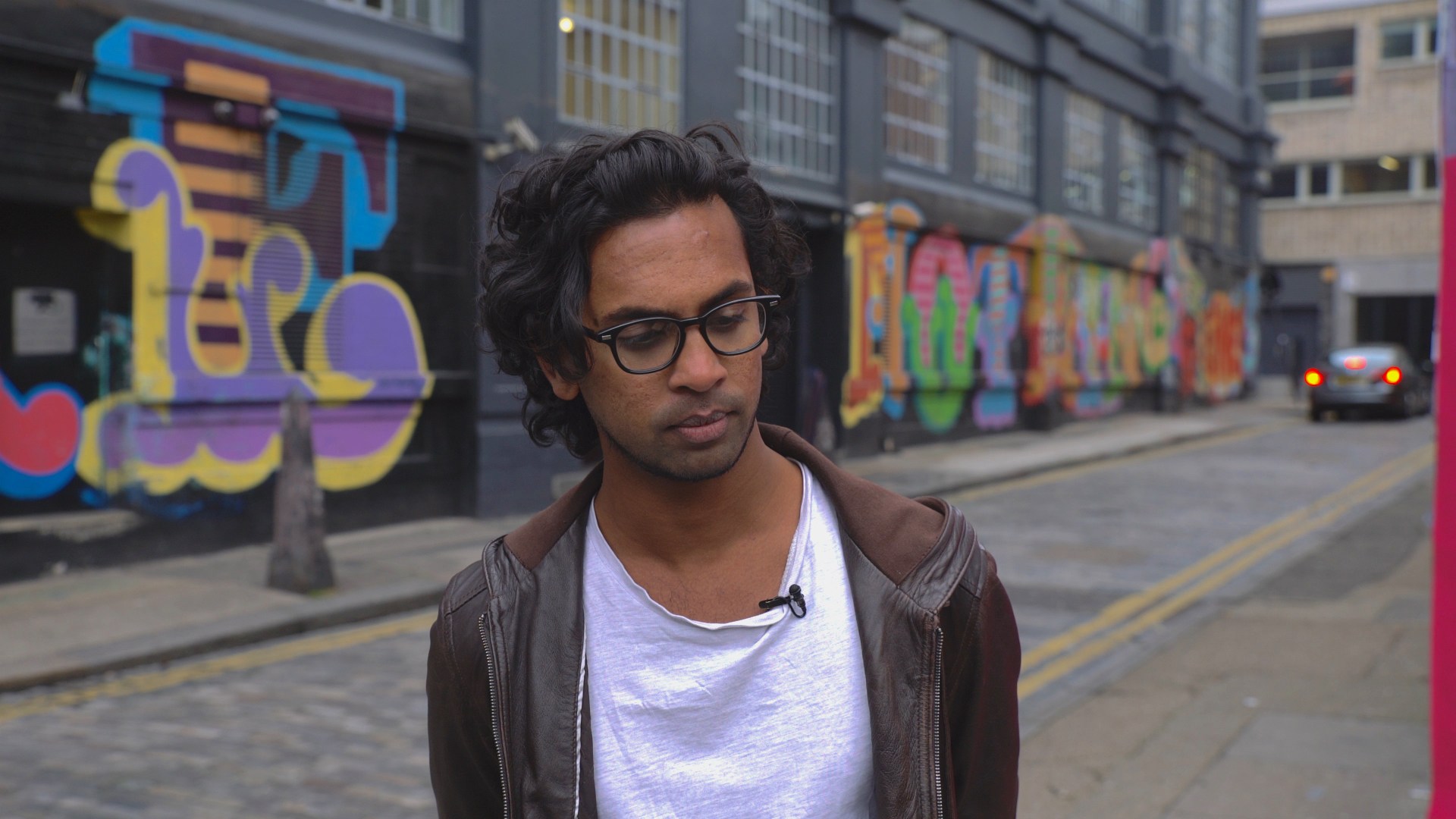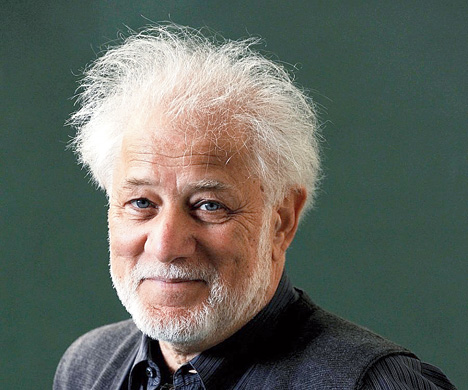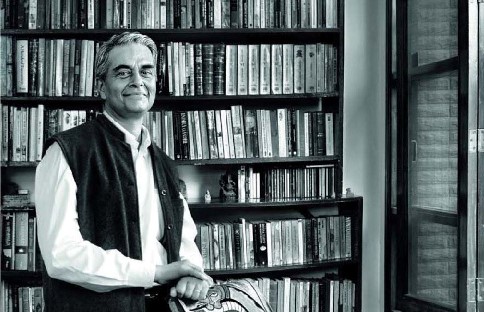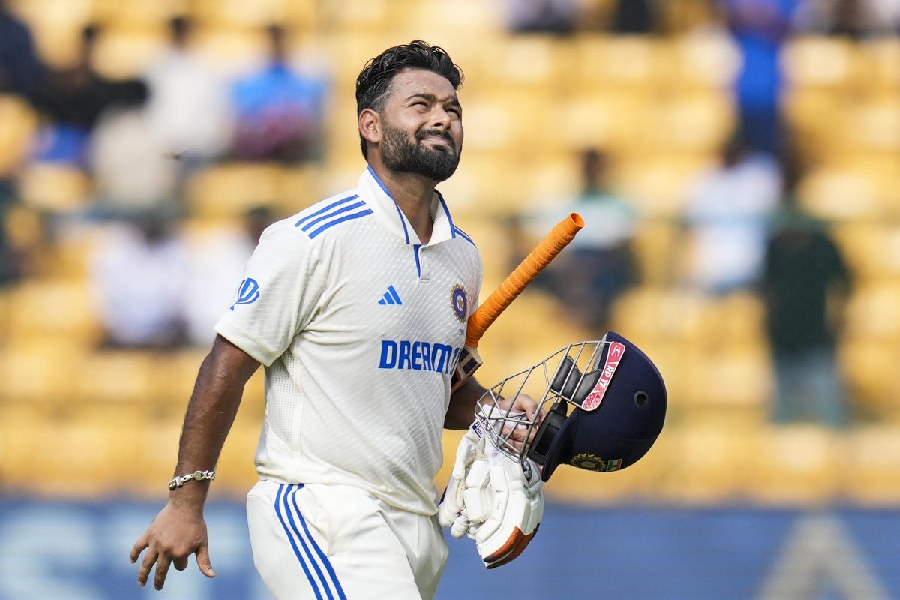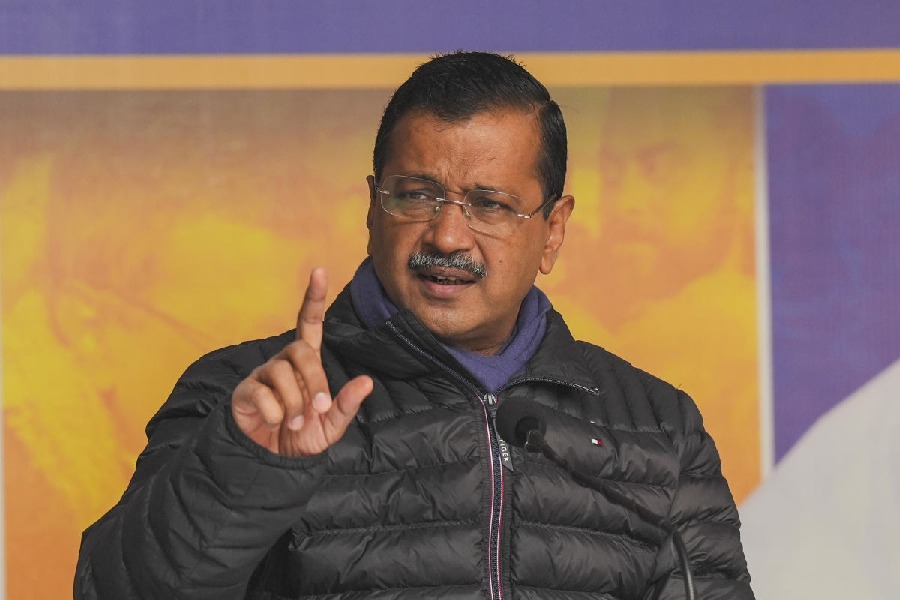London, according to one of the narrators of In Our Mad and Furious City, “taints its young”. The author of this debut novel, Guy Gunaratne, imagines a city in which war cries by racists and fascists after an off-duty, white soldier is murdered by a black, Muslim youth have spread like wildfire through a council estate in northwest London. The police are losing control. In the midst of this, three friends have to escape, or find ways to survive.
Selvon is an aspiring athlete who cannot stop thinking about having sex with a girl, and Ardan is a musically-gifted school dropout. They alternate in narrating the events. The story starts with the third boy, Yusuf, who wants to free himself from the hold of his mosque now that his father, who was its liberal, anti-militancy imam, has died and hardliners are trying to gain control of it. When riots break out, the mosque is burnt to the ground, and Gunaratne’s lens subtly shifts from race to the rift within the community.
The novel’s biggest strength is the crackling demotic in which the narrators tell the story. In a clever move to depict London as a cultural melting pot, Gunaratne renders the voices of Ardan, who has Irish antecedents, and Selvon, who has Caribbean roots, almost identical. Through the experiences of his narrators, Gunaratne also poses difficult questions about community, highlighting how volatile and easily broken it is. He writes the worlds of his characters in tense, breathless language, as though he fears they might fall apart.
As such, In Our Mad and Furious City is not just about London, but about the world at present. Race riots, fascism and paranoia about radicalization constitute the murky backdrop, placing the story within an uncomfortably familiar context. Gunaratne brilliantly captures the feeling of doom and foreboding, the sense of a future that is febrile and uncertain.
At a turning point in the narrative, a character says that the world must “leave... the past to the past”. But can we really do that? The protagonists certainly cannot. After all, the past holds the key to everything, especially, as Gunaratne indicates, in a post-Brexit world. There is enough history for us to learn from. Unfortunately, we do not learn from it; we just perpetuate it. In a particularly poignant moment in the book, Yusuf says, “It all felt like it was simply part of the same slow collapse.” Similarly, the events of In Our Mad and Furious City are not isolated incidents; they are a series of explosions in a city and a world that are always ablaze.
In Our Mad and Furious City By Guy Gunaratne, Hachette, Rs 699

